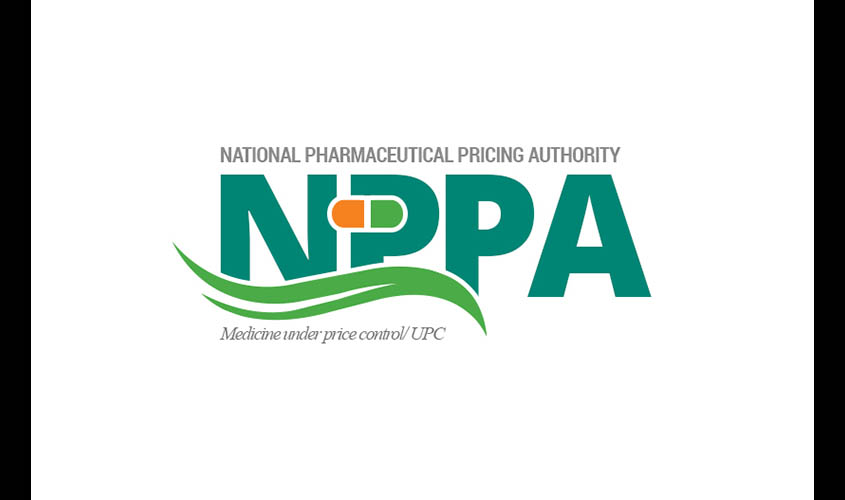The Narendra Modi government’s move to dilute the price control regime in the pharmaceutical sector is laudable. Of course, the pinkish, anti-business activists are livid; they have already started screaming, but they always scream whenever anybody does anything right.
The government has constituted a high-level committee under Niti Aayog member V.K. Paul to identify drugs outside the National List of Essential Medicines (NLEM) and recommend pricing caps only when there’s a need. The panel includes the Chief Economic Advisor and two officials from the Health Ministry and one from the Commerce & Industry Ministry. The committee will also invite a “subject expert” to its meetings.
At present, the National Pharmaceuticals Pricing Authority (NPPA) is mandated to cap the prices of medicines, stents, and orthopaedic implants. Unsurprisingly, the NPPA has been a thorn in the flesh of the pharmaceutical sector. The new panel will not include the chairperson or member secretary of the NPPA.
The Niti Aayog-headed committee will suggest prices to the NPPA. It has also been empowered to take up matters on its own. In a statement, the All India Drug Action Network (Aidan), a group of non-government organisations to implement the Left agenda of strangling private pharma companies, said, “The direct implication is that the new committee has broad discretionary powers to intervene in any aspect including related to the functions of the NPPA which could be used to dilute the pricing regime.”
Aidan is correct to the extent that the new mechanism is intended to water down the current pricing regime. Typically, it is against such dilution, but without such softening the pharmaceutical industry claims it would suffer heavy losses. It was in response to the problems faced by the industry that the government held several parleys with such groups such as the Indian Pharmaceutical Alliance and the Indian Drugs Manufacturers’ Association. They also held talks with top businesspersons in the sector.
It needs to be mentioned here that price control, a universal curse as it has always been, was used with impunity by the NPPA. It was hugely influenced by activists and furthered their agenda by capping prices of medicines and medical devices. This was the reason that the government transferred NPPA chairman Bhupendra Singh early last year.
Expectedly, public health activists, all of whom are anti-business, were up in arms against the move. Aidan said, “Singh has taken many positive steps to ensure affordability of medicines and medical devices that discomforted the industry. The NPPA undertook landmark price control of stents and knee implants.” That is, he tormented drug makers.
In a similar vein, the Swadeshi Jagran Manch opposed the transfer. Its national co-convenor Ashwani Mahajan posted a tweet: “@narendramodi @PMOIndia Pl see, @Bhupendra_IAS your key man against pharma lobby, bringing down cost of stents and knee implants, exposing >1700% profiteering by corporate hospitals, working for bringing down prices of other medical consumables & devices, ‘rewarded’ with transfer.”
Activists of various hues regard it as an axiomatic truth that the purpose of everybody and everything—from the individual and the company to profession and activity—is to be subservient to the interests of a collectivity. For the Left, the collectivity is the society; for the Right, the nation. For salon socialists, every entrepreneur and corporation should work for the benefit of the society, not for profit—which they would regulate anyway. Ditto with Swadeshi guys. Unsurprisingly, the final result is more controls, including that of prices.
Activists’ jihad against business succeeds because generations of politicians, bureaucrats and policymakers have been brought up on textbooks written by Leftish academics. The health sector is particularly targeted because here it becomes easier for activists to whip up emotions. Should fat cat industrialists be allowed to “profiteer” at the expense of the consumer? Should businessmen make fortunes even as the poor die for want of medicines? Shouldn’t drugs and medical devices be affordable for all? Sentimentalism rules the roost.
These self-appointed champions of mankind want to drown a crucial fact: that the profiteering drug companies have played a major role in ensuring that life expectancy in our country has more than doubled since Independence—from 32 years to almost 70 years now.
The government has done well to curb the NPPA. In order to persist with the good work, it must completely ignore the cacophony that activists will create and rein in the authority that should not have existed in the first place.

